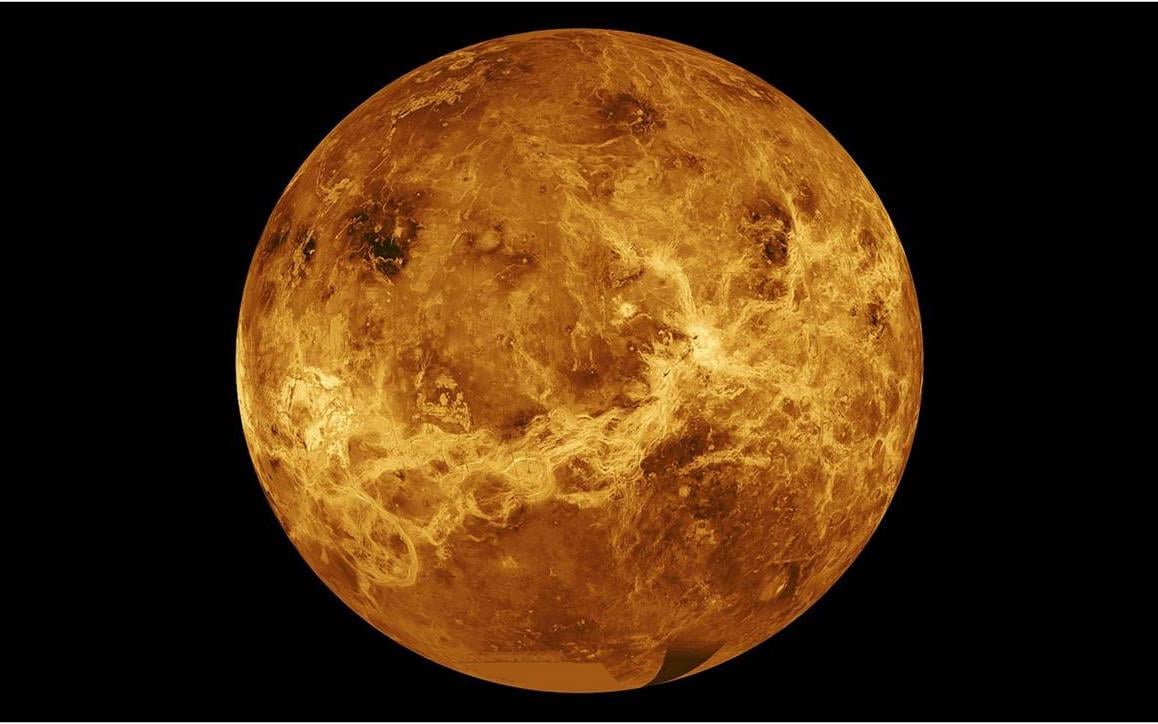
A planet that experiences temperatures of up to 475 degrees Celsius under a thick acidic atmosphere is the last place you would expect any kind of life to exist. Venus, according to available evidence, might have been a planet with habitable and life-friendly characteristics similar, if not identical, to Earth, but at some point it transformed into the infernal realm described at the beginning of the text.
Although Aphrodite was for decades on the sidelines of the scientific community, in recent years a shift has taken place and many exploratory expeditions have begun, as well as a number of new studies about the state in which it is and the state in which it is. reveal its secrets. Various ideas have also been put forward to establish permanent manned research stations that will be installed above the dense clouds of Venus.
doctor. Michelle Thaler, a scientist at NASA’s Goddard Space Flight Center, says she’s pretty sure there is life on Venus. “We see possible signs of life in the atmosphere of Venus. I never expected Venus, but now it is a place where we see something in the atmosphere that very much looks like it could be produced by bacteria,” Thaler said in an interview with the British newspaper The Sun.
In recent years, a debate has begun in the scientific community about whether the clouds of Venus might harbor microbial life forms that can survive in the toxic environment there of sulfur, methane, carbon dioxide, and more.
There are scientists who argue that photosynthesis is possible on the surface of Venus, where it receives enough solar energy to break through its dense clouds.
But Dominic Papineau, an astrobiologist at University College London, thinks Dr Thaler’s views are not realistic. “For the chemical reactions associated with life to occur, liquid water is necessary. So, to find alien life, we need to find water in liquid form, and to find fossilized alien life requires looking for sedimentary rocks that have been associated with liquid water in the past.
This makes it unrealistic to discuss the existence of life on Venus because its surface is so hot even though it may have had liquid water in its past. “One of the problems with the potential fossil record of Venus is the widespread volcanic activity that appears to have covered most of the surface over the past hundreds of millions of years,” Papineau says. However, Thaler and Papineau agree that the worlds most likely to host life in our solar system are the icy moons of Jupiter and Saturn that have subsurface oceans.
Naftemporiki.gr

“Total alcohol fanatic. Coffee junkie. Amateur twitter evangelist. Wannabe zombie enthusiast.”





More Stories
Is this what the PS5 Pro will look like? (Image)
Finally, Windows 11 24H2 update significantly boosts AMD Ryzen – Windows 11 performance
Heart Surgeon Reveals The 4 Things He ‘Totally Avoids’ In His Life